UN chief warns of 'severe' impact of Ukraine war on food security
UN Secretary General Antonio Guterres has warned that the Ukraine conflict may cause a social and economic crisis around the world.
The conflict combined with the other crises is threatening to unleash "an unprecedented wave of hunger and destitution, leaving social and economic chaos in its wake," Guterres said Wednesday at the launch of a second report by the Global Crisis Response Group on Food, Energy and Finance over the Ukraine conflict.
"Today's report makes clear that the war's impact on food security, energy and finance is systemic, severe, and speeding up. It is amplifying the consequences of the many other crises the world faces: climate, Covid-19, and the severe global inequalities in the resources available for the recovery from the pandemic," he stated.
“Food prices are at near record highs. Fertilizer prices have more than doubled, sounding an alarm everywhere. Without fertilizers, shortages will spread from corn and wheat to all staple crops, including rice, with a devastating impact on billions of people in Asia and South America,” Guterres added.
He noted that while this year’s food crisis is about “lack of access,” next year’s could be about “lack of food.”
The UN report says that an estimated 94 countries, home to around 1.6 billion people, are “severely exposed to at least one dimension of the crisis and unable to cope with it.”
“Vulnerable people and vulnerable countries are already being hit hard, but make no mistake: No country or community will be left untouched by this cost-of-living crisis."
He said the solution to the crisis ultimately lies in ending the war, calling for immediate action on two fronts: to bring stability to global food and energy markets, to make resources available immediately to help the poorest countries and communities.
Russia launched a military operation in Ukraine on February 24, following Kiev’s failure to implement the terms of the Minsk agreements and Moscow’s recognition of the breakaway regions of Donetsk and Luhansk.
The two countries together account for nearly a third of global wheat and barley supplies and half of its sunflower oil.
Presently, around 20 million tons of grain is currently stuck in Ukraine from last year’s harvest, which, if released, could ease pressure on global markets.
As a major exporter of corn, barley, sunflower oil, and rapeseed oil, Ukraine used to export most of its goods through its main ports on the Black and Azov seas. However, it has been forced to export by train or via its small Danube River ports since February when Russia began its military operation in Ukraine.
Last month, the Russian Ambassador to the United States Anatoly Antonov said difficulties in the global food market have been building up for a long time, but “the crisis was further exacerbated due to the introduction by Washington and its satellites of illegitimate sanctions against Russia.”
Turkey, which shares a sea border with both Russia and Ukraine in the Black Sea, has offered its services to accompany maritime convoys from Ukrainian ports.
Meanwhile, defense ministers of Russia and Turkey on Tuesday discussed a potential grain export corridor from Ukraine.
According to the World Bank, 10 million people are pushed into extreme poverty worldwide for every percentage point increase in food prices. Food prices have increased by almost 30 percent year-on-year in April, according to the FAO food price index.
The World Food Program estimates the ripple effects of the war could increase the number of people facing severe food insecurity by 47 million in 2022.
US will suffer ‘massive losses’ in case of new war: Iraq's Kata’ib Hezbollah
Normalization increases cost of defeating Israel, Yemeni leader warns
Activists announce 'Freedom and Sumud Flotilla' to challenge Gaza blockade
VIDEO | Rome residents demand end to ties with Israeli firms
VIDEO | Pakistan Senate condemns ‘hexagon of alliances’ as Indian PM visits Israel
VIDEO | Founder of French pro-Palestine NGO appears before court
VIDEO | Modi’s Israel visit sparks opposition, domestic backlash
VIDEO | Continuous war on media in occupied West Bank


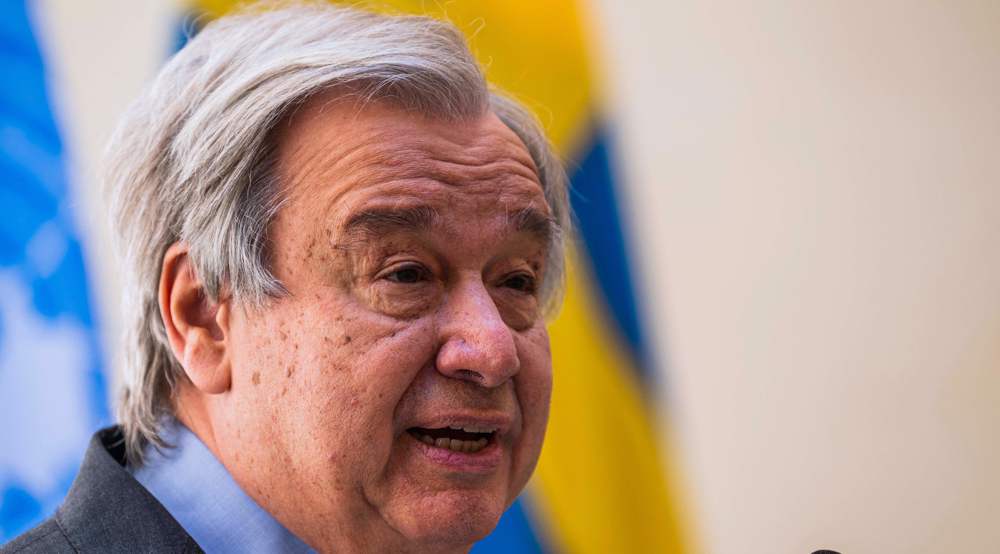
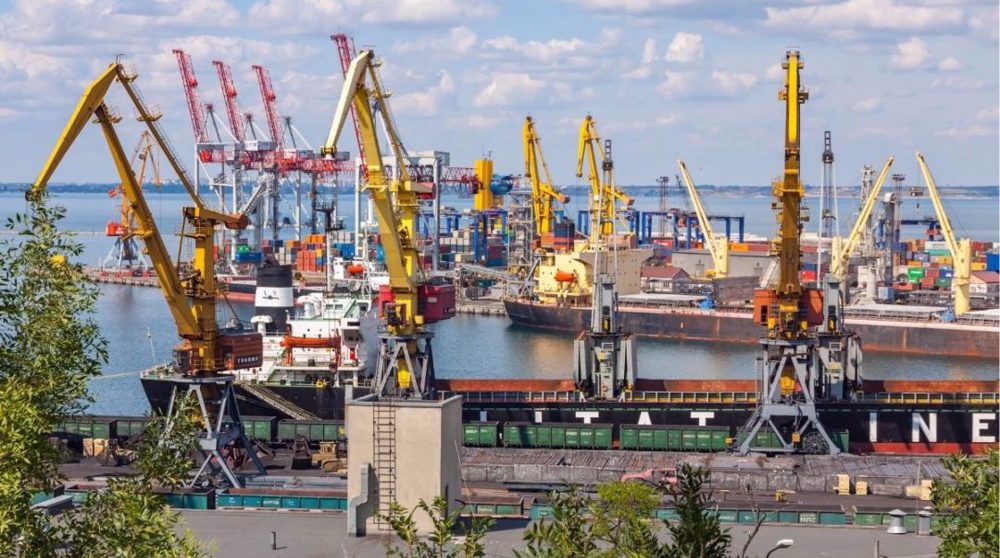
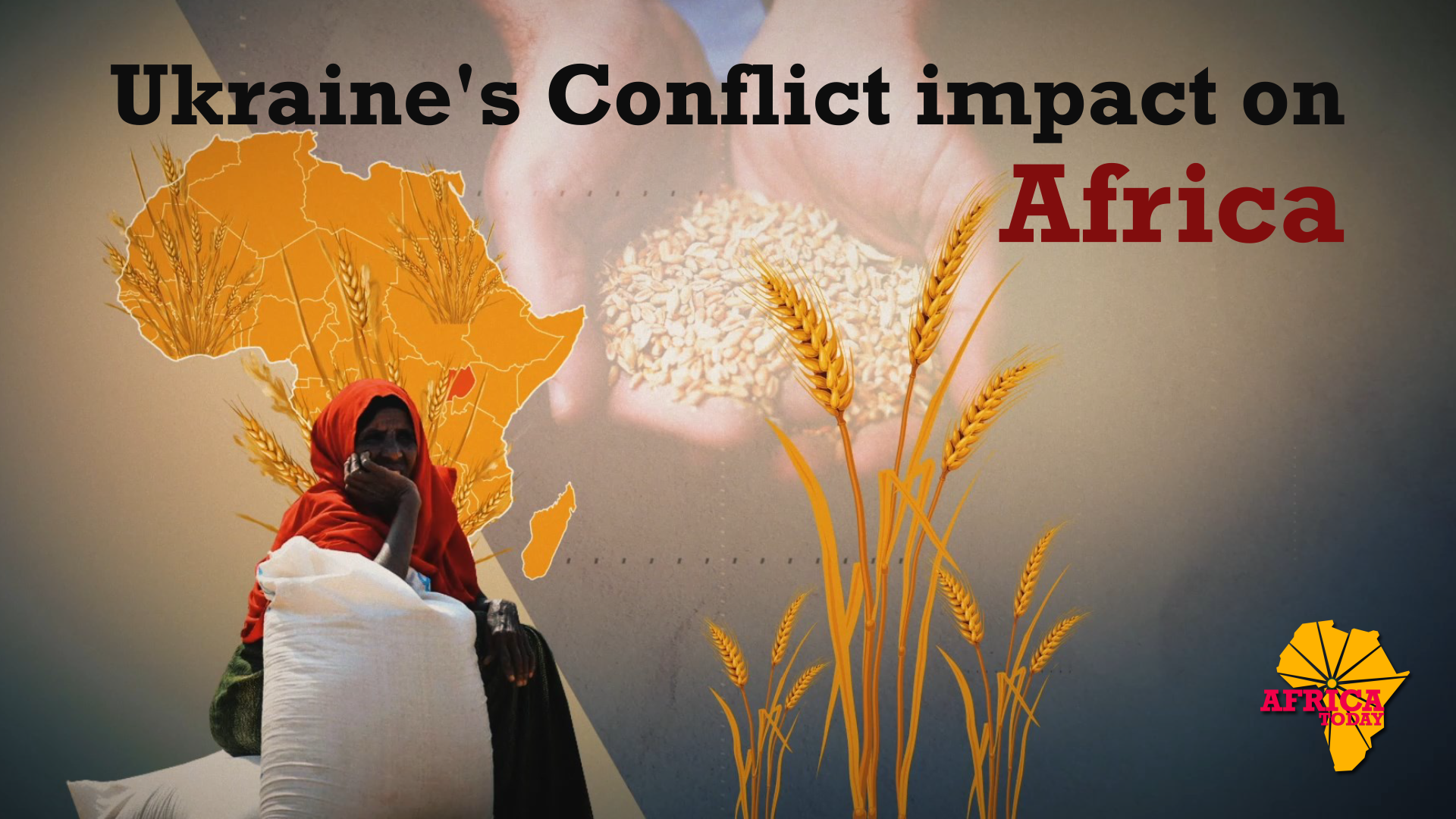






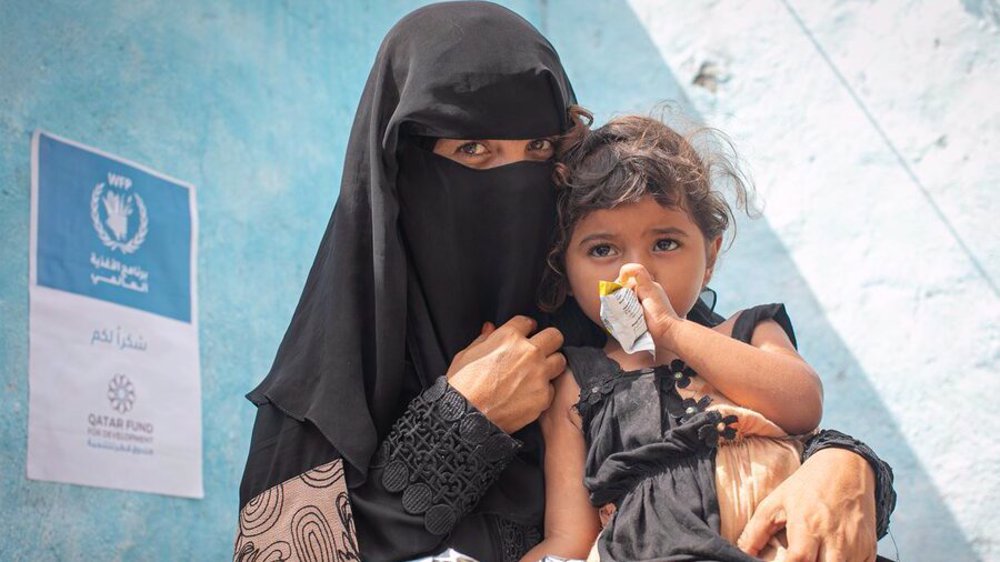

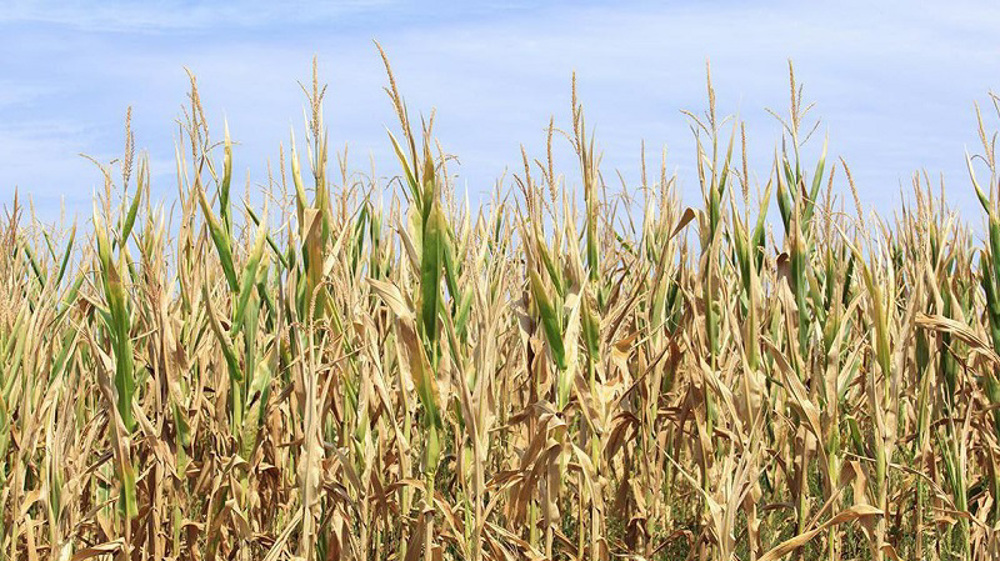
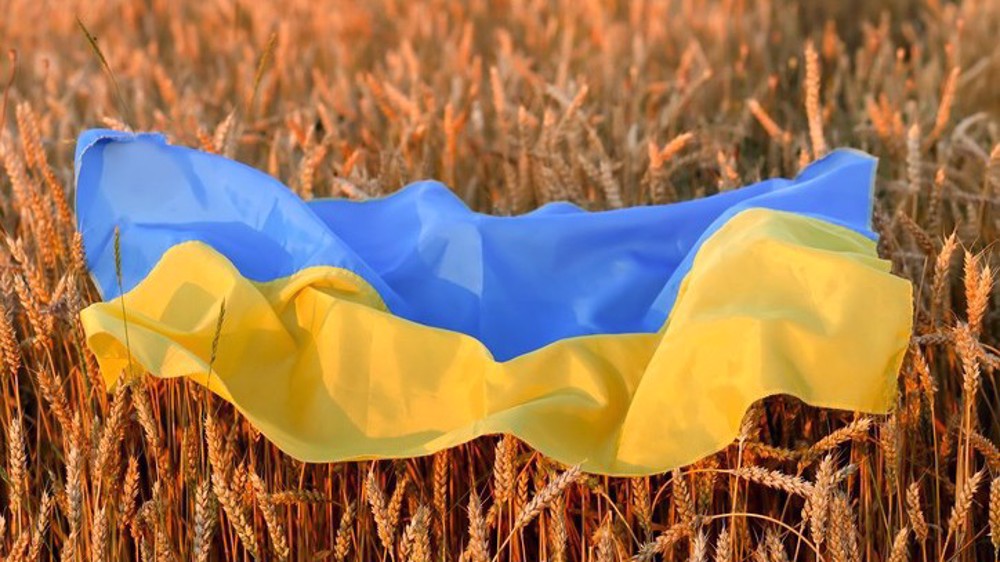
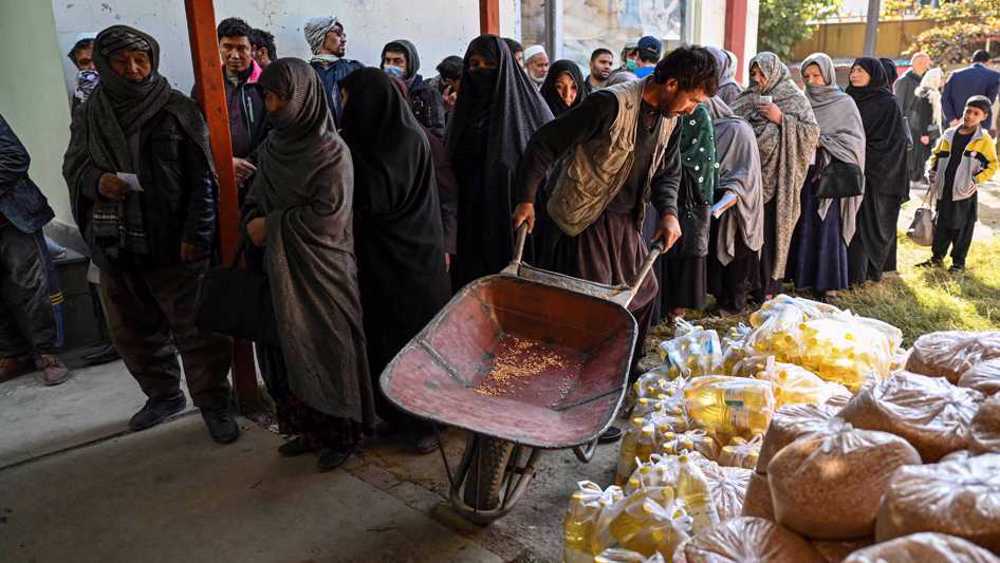

 This makes it easy to access the Press TV website
This makes it easy to access the Press TV website